1. High hardness: The hardness of hard alloy powder is very high, usually above HRA90, which is several times or even tens of times that of steel. This high hardness makes hard alloy powder widely used in manufacturing cutting tools, abrasives, and mining tools.
2. Good thermal stability: Hard alloy powder can maintain good thermal stability even in extremely high-temperature environments, making it suitable for high-temperature working environments.
3. Good corrosion resistance: Due to the high content of components and new types of composites in hard alloy powder, it has excellent corrosion resistance performance.
4. Low density: The density of hard alloy powder is lower than that of ordinary metals, with a volume density of about 7.8-8.0g/cm ³。
5. Good thermal conductivity: Hard alloy powder is composed of metals. Therefore, it has good thermal conductivity.
6. Good wear resistance: It contains high hardness non-metallic compounds, which give the hard alloy powder good abrasiveness and can be used to manufacture wear-resistant parts, extending the service life.
7. High strength: Hard alloy powder has high tensile and yield strength, which can be used to make high-strength parts and tools.
1.Mining field: Hard alloy powder is widely used to prepare mining tools, such as cutting tools and drill bits in coal mines, oil fields, and other regions. Its strong hardness and wear resistance make it the main material in these fields.
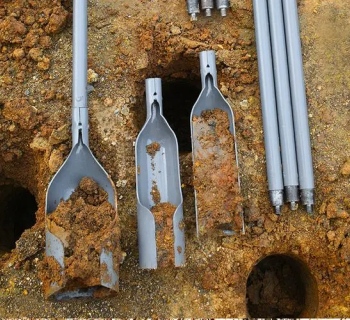
Hard alloy powder is widely used in the preparation of mining tools
2.Mechanical field: In the mechanical field, hard alloy powder is used to manufacture mechanical parts, such as cycloidal pinwheels, cutting tools, molded plates, etc. These components must withstand high pressure and wear, and hard alloy powder's high hardness and wear resistance make it an ideal choice.
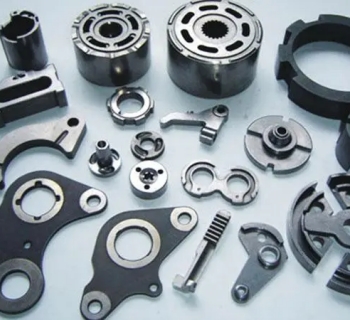
Hard alloy powder is used to manufacture mechanical parts
3.Engineering field: Hard alloy powder is also used to manufacture special structural components and valves that are wear-resistant, corrosion-resistant, and high-temperature. In these application scenarios, hard alloy powder's high hardness and good thermal stability play an important role.
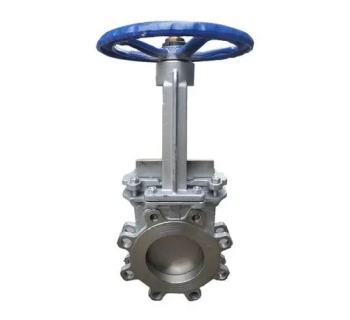
Hard alloy powder is used to manufacture valves
4.Metallurgy and petroleum fields: Hard alloy powder is also used to manufacture chemical industry pipelines, automatic control valves, etc. In these applications, hard alloy powder's corrosion and high-temperature resistance have been fully utilized.
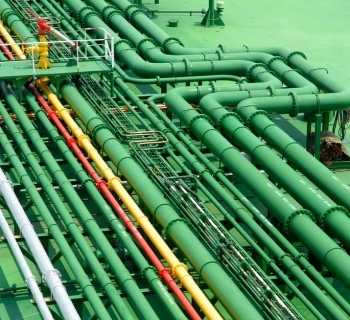
Hard alloy powder used for manufacturing chemical industry pipelines
5.Medical device field: Hard alloy powder is widely used in the medical device field, such as surgical instruments, dental instruments, artificial joints, pharmaceutical preparations, etc.
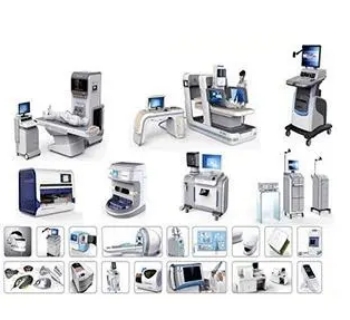
Hard alloy powder used in the manufacturing of medical devices
6. Aerospace field: Due to its high temperature and wear resistance, hard alloy powder is also used in the aerospace field, such as aviation engine components with high wear and corrosion resistance, spacecraft maintenance tools, etc.

Company Profile
NANOTRUN(www.rboschco.com) is a trusted global chemical material supplier & manufacturer with over 12-year-experience in providing super high-quality chemicals and nanomaterials, including Carbide powder, nitride powder, graphite powder, sulfide powder, 3D printing powder, etc.
The company has a professional technical department and Quality Supervision Department, a well-equipped laboratory, and equipped with advanced testing equipment and after-sales customer service center.
If you are looking for high-quality Carbide Powder, please feel free to contact us or click on the needed products to send an inquiry.
Payment Term
L/C, T/T, Western Union, Paypal, Credit Card etc.

Shipment Term
By sea, by air, by express, as customers request.
Storage Conditions:
1. Temperature and humidity: Hard alloy powder should be stored in a dry environment at a temp of 15 ℃~25 ℃, and the relative humidity should be maintained between 40%~70%. Avoid exposure to high temperature, humidity, or direct sunlight to prevent powder from becoming damp, oxidized, or spoiled.
2. Packaging: Use sealed and non-corrosive packaging materials, such as polyester film or aluminum foil bags, to ensure the powder packaging is intact and prevent powder leakage or external pollution.
3. Storage location: Hard alloy powder should be stored in a dry, well-ventilated place, away from flammable, explosive materials and ignition sources. At the same time, it should be classified and stored, and measures should be taken to prevent dust, shock, and compression to ensure the quality and safety of the powder.
4. Safety management: Establish a comprehensive metal powder management system, including warehouse management, inventory control, regular inspections, etc. Regularly count the powder inventory, check if the equipment is in good condition, and regularly train employees on safety awareness to improve their level of safety management.
Q1
How can we improve the hardness and wear resistance of hard alloy powder to meet the needs of high-performance tools?
Re:It is crucial to improve the hardness and wear resistance of hard alloy powder to meet the needs of high-performance tools. One method is to coordinate the chemical composition of hard alloy powder, increase the content of carbides, or introduce other hard elements, such as titanium, tantalum, etc., to improve its hardness and wear resistance. In addition, optimizing the powder production process, such as using high-temperature and high-pressure sintering technology, can also augment the hardness and wear resistance of hard alloy powder.
Q2
How do the particle size, fineness, and flowability of hard alloy powder affect the final product's performance?
Re:The particle size, fineness, and flowability of hard alloy powder significantly impact the final product's performance. Smaller particle size and fineness can increase the density and hardness of hard alloys and improve their wear resistance and cutting performance. Good fluidity helps to achieve uniform distribution during the pressing and sintering processes, avoiding defects. Therefore, in the production and application process of hard alloy powder, it is necessary to control its particle size, fineness, and flowability strictly.
Q3
What factors can affect the quality and stability of hard alloy powder during production?
Re:Various factors can affect the quality and stability of hard alloy powder during the production process. This includes the purity of raw materials, particle size distribution, and control accuracy of preparation processes. In addition, the selection of process parameters such as sintering temperature, pressure, and time will also significantly impact the quality of hard alloy powder. Therefore, to obtain high-quality hard alloy powder, strictly controlling these factors during the production process is necessary.
Q4
How to optimize the chemical composition of hard alloy powder to improve its thermal stability and corrosion resistance?
Re:Optimizing the chemical composition of hard alloy powder is the key to improving its thermal stability and corrosion resistance. By adjusting the ratio of metal to carbide and introducing rare earth elements or alloying elements, hard alloy powder's thermal stability and corrosion resistance can be effectively improved. In addition, using advanced coating technologies, such as ceramic or metal coatings, can further improve the corrosion resistance of hard alloy powders.
Q5
What are the innovative points in the production process of hard alloy powder?
Re:The production process of hard alloy powder is constantly innovating. Using advanced nanotechnology to prepare ultrafine hard alloy powder is an innovative point. In addition, new technologies such as high-energy ball milling and plasma spraying can also achieve efficient preparation of hard alloy powders. At the same time, green manufacturing and circular economy concepts have also been introduced into the production of hard alloy powders to achieve more environmentally friendly and sustainable production methods.




